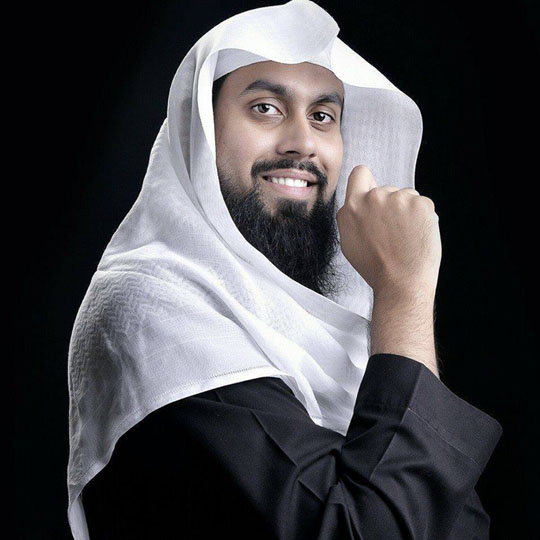This past Friday April 22, 2016, I had the great pleasure of listening to Islamic scholar from Colombo, Sri Lanka, Sheik Muiz Bukhary who is also an imam of the largest Jumu’ah Masjid there. Following the talk, I spoke to the preacher saying that I wished many people like myself – none Muslim – could experience his talk as it tells of Islam as is, to help balance out the negative narratives so prevalent in the media these days concerning Islam. The event was held by the Bangladesh Association of Hong Kong in their HQ in Yau Ma Tei, on Hong Kong’s Kowloon side.
After the formalities by the local VIPs – which were almost longer than the talk by the good Sheik – the speaker opened with words from the Quran, Islam’s holy book, singing those words in such a wonderful and penetrating way revealing the spirituality of the Quran and Arabic as a language, in my case moving the spirit despite not understanding those words. I could easily see how such use of a language can touch the very soul of believers. The power of the resonant word.
His first discourse was on unity within Islam pointing out whereas discussion regarding the fundamental principles is not condoned, to hold various opinions on further matters is allowable, using a tree and its branches as analogy – the main trunk being the principles.
Of course there are different offshoots of the main teaching and there are historical references to these and members might belong to one or the other of these lines of development or schools of thought and in these cases differences exist but just stick to your own he said, no need to convince others. That’s their choice just like you made yours.
His second theme – again introduced with his resonant voice decanting the words of the Quran – concerned envy, how it dissipates everything good gained in a lifetime in that no matter the numerous good works accumulated, envy and jealousy were like fires to kindling, the kindling being all the good works, and fire reducing them all to ash – at the end of the day, on the day of reckoning.
While the manner of the talk was quite what could be heard from any enlightened Christian pulpit or from any Buddhist platform, what came through very strongly was the Islamic force. It was as if the Christian’s were speaking off the top of their head’s while the Buddhist way of compassion had the speaker pronouncing in due humility so one had to listen attentively, quietening the heart; but the lively energy manifest through the Sheik provoked a different response. Indeed Islam does seem to be in a expansive mode today.
The over-riding thought of mine was wishing that those sceptical about Islam owing to its disruption on the level of the media following violent events everywhere as the wrongly given context in the religion’s name and thus intentions, could see and hear and be among men and women who were practicing Muslims, to understand that there is another reality. Certainly Islam is a religion of peace and nonviolence.






